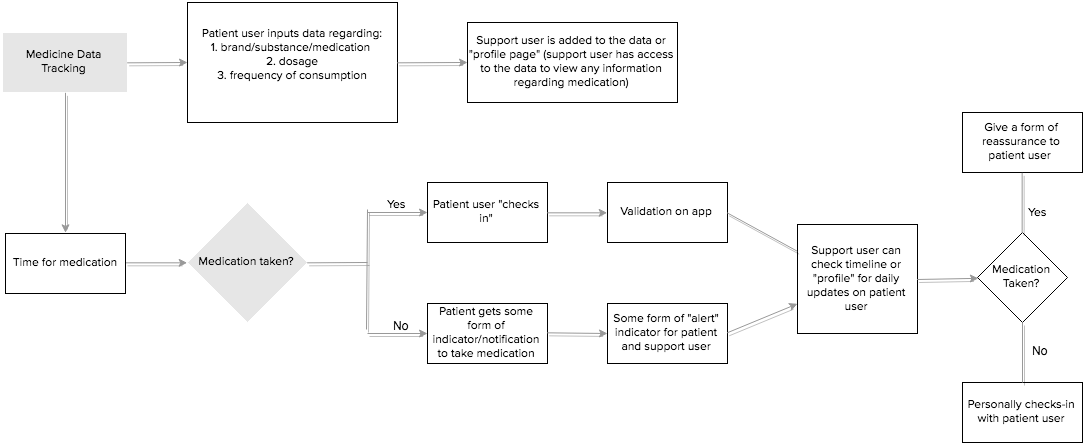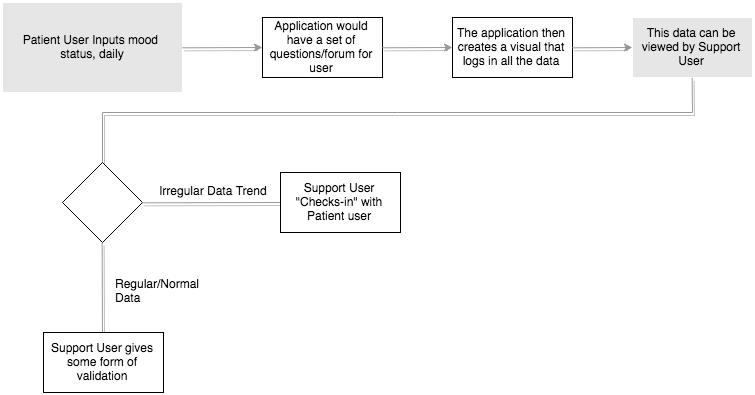CAREChain
Facilitating mental health accountability
Project: CareChain allows users with mental disorders to privately and securely communicate with their loved ones. This application not only facilitates interactions but also, enables the sharing of personal information such as medication, mood tracking etc.
Team/Duration: This is a student project where we perform the end-to-end design process. The team consisted of five students and we collaborated throughout the project. I mainly focused on synthesizing research and designing the user interface elements of the application.
Tools/Methods: Affinity mapping, user research and synthesis, user flows and diagramming, generating personas, wire-framing. Tools: Sketch, Invision.
Individuals with depression find it difficult to communicate their feelings and talk to others about their challenges.
CareChain is a mobile application that facilitates a virtual support network that provides encouragement and accountability to an individual undergoing treatment for depression.
DISCOVERING USER PAIN POINTS
The team conducted TEN user interviews and and gathered insights that gave direction to the design solution. The user interviews helped create personas, the minimal viable product and user flow for the application.
Target User Groups
User going through treatment for depression: Five users out of the ten interviewees were users going through depression. These individuals are going through regular therapy and are on prescribed medication. This group was categorized as Patient Users. The application is primarily catering to this user group.
The loved ones of those going through therapy for depression: The remaining interviewees were individuals who are providing support to the Patient Users. They are either a parent, a significant other, or a friend of the Patient User. This group of users were categorized as Support Users.
CareChain helps facilitate communication between a Patient User and a Support User.
What people had to say
“I have a hard time keeping myself motivated and communicating my moods.”
“I’d rather people not have to ask if I’m on my meds. If I feel like sharing that, it’ll be with people I trust.”
“I am concerned that my information might get in the wrong hands.”
Key Takeaways from Patient Users
Users found it difficult to keep up with their medications
Users are unable to communicate their moods
Users did not want to openly share their information on applications. Secruity was a concern.
Users did not want to seem over-bearing when reaching out to their loved ones.
Key Takeaways from Support Users
Users struggled with providing the appropriate help to thier loved ones.
PERSONA TYPES
Patient User

Profile
Lisa has been diagnosed with depression for seven years. She considers her treatment plan to be good, but she says she still struggles with motivating herself to stay on track and that it’s easy to “spiral” downward. She is on medication and goes for therapy twice a week. She considers her fiancée as her biggest support.
Pain Points
Struggles to keep herself motivated
Difficultly adhering to her treatment
Does not want to burden her loved one(s) and finds it hard to talk about her depression
User Goals
Needs a way to communicate her moods and feelings
Medication reminders and updates
Secure sharing
Mood tracker
Support User
Support User

Profile
James has been engaged to patient user for seven months and has known the patient user for three years. He uses a smartphone daily and it is his main form of communication with his partner when they are physically not together. He always tries his best to be there for him partner and provide unconditional support on the best and the worst days.
Pain Points
Does not know how to be really supportive and take actionable steps to help his partner
User Goals
Mood tracking to better support his partner
Check-ins or reminders for better communication.
Behaviour patterns to figure out a trend and support when required.
REDEFINING USER GOALS
Tracking
Security
Sharing
Communicating
Medication Reminders and Tracking
One of the key features of this application allows users to store and track their data. Patient Users don't only store this data, but can also share it with their Support User. The goal is to motivate Patient Users to take their medication timely. By sharing this information, Support Users can ensure that their loved ones take their medication and are making progress.
Mood Tracking
While synthesizing the research, we discovered that Patient Users were sometimes afraid of reaching out as they did not want to seem over-bearing. To solve for this hesitation, Patient Users can log their daily moods and track that data. The application generates a visual log that is also shared with the Support User. Any irregularities in this trend, will prompt the Support User to check-in with the Patient User. As a result, the Patient User will not feel too over-bearing and the Support User can provide the appropriate help needed.
DESIGN RECOMMENDATIONS
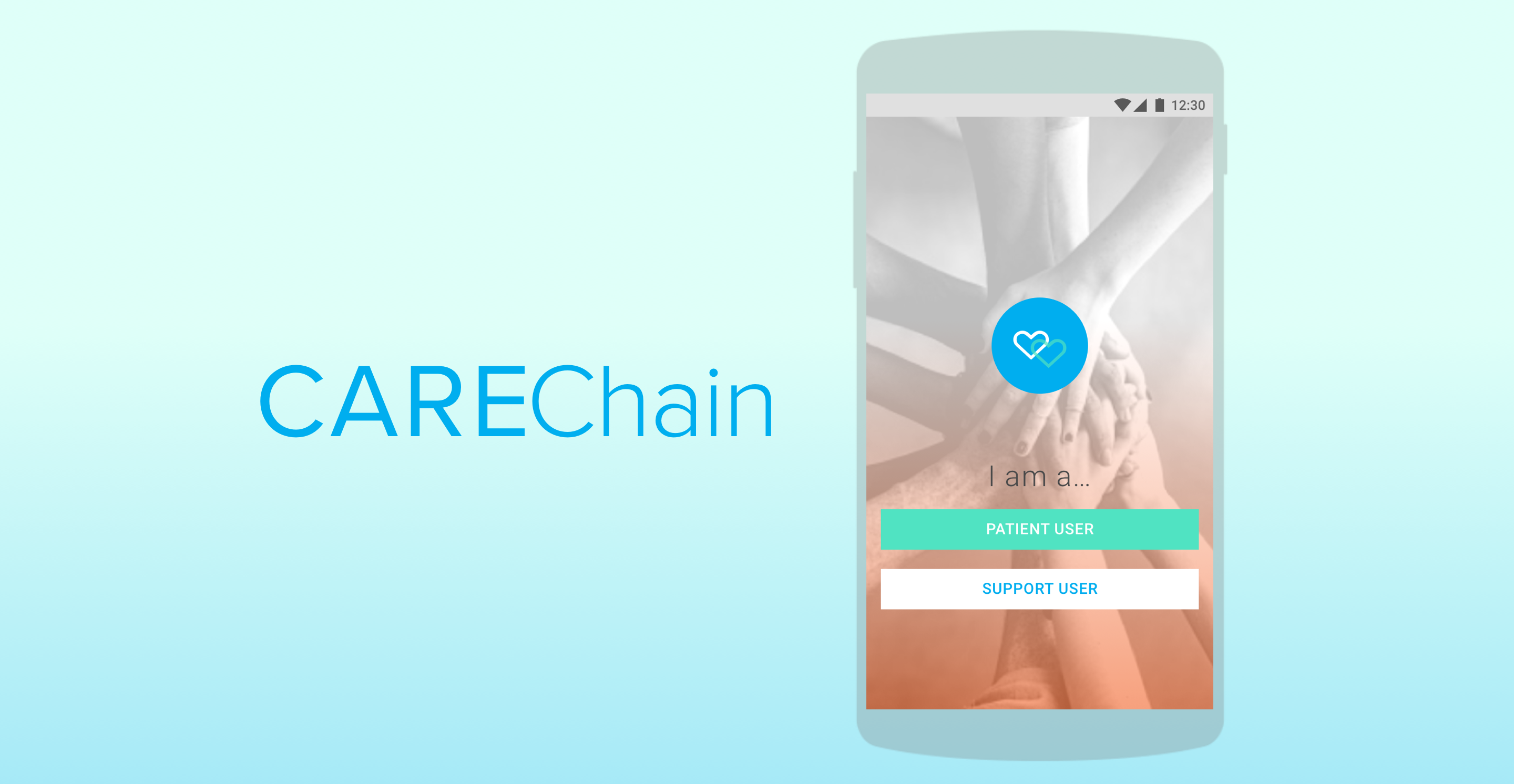

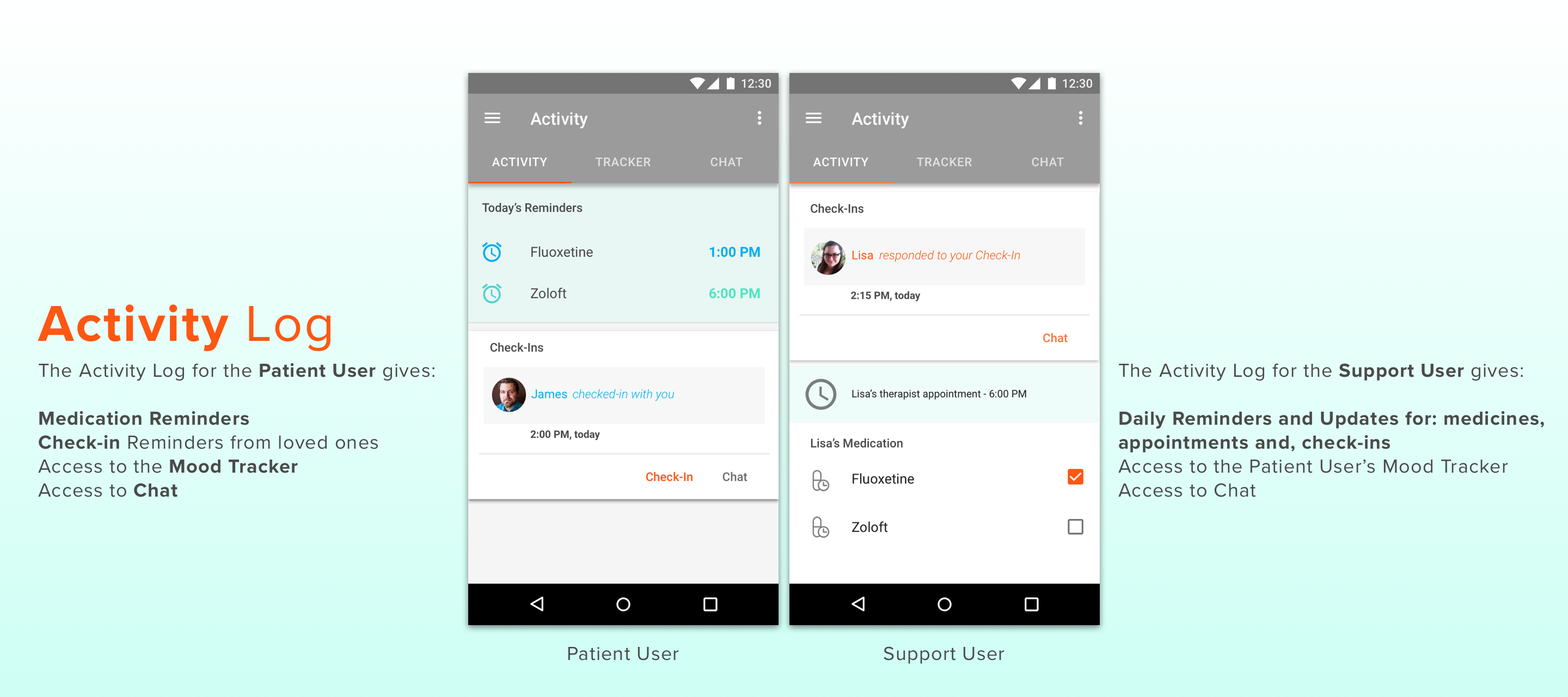
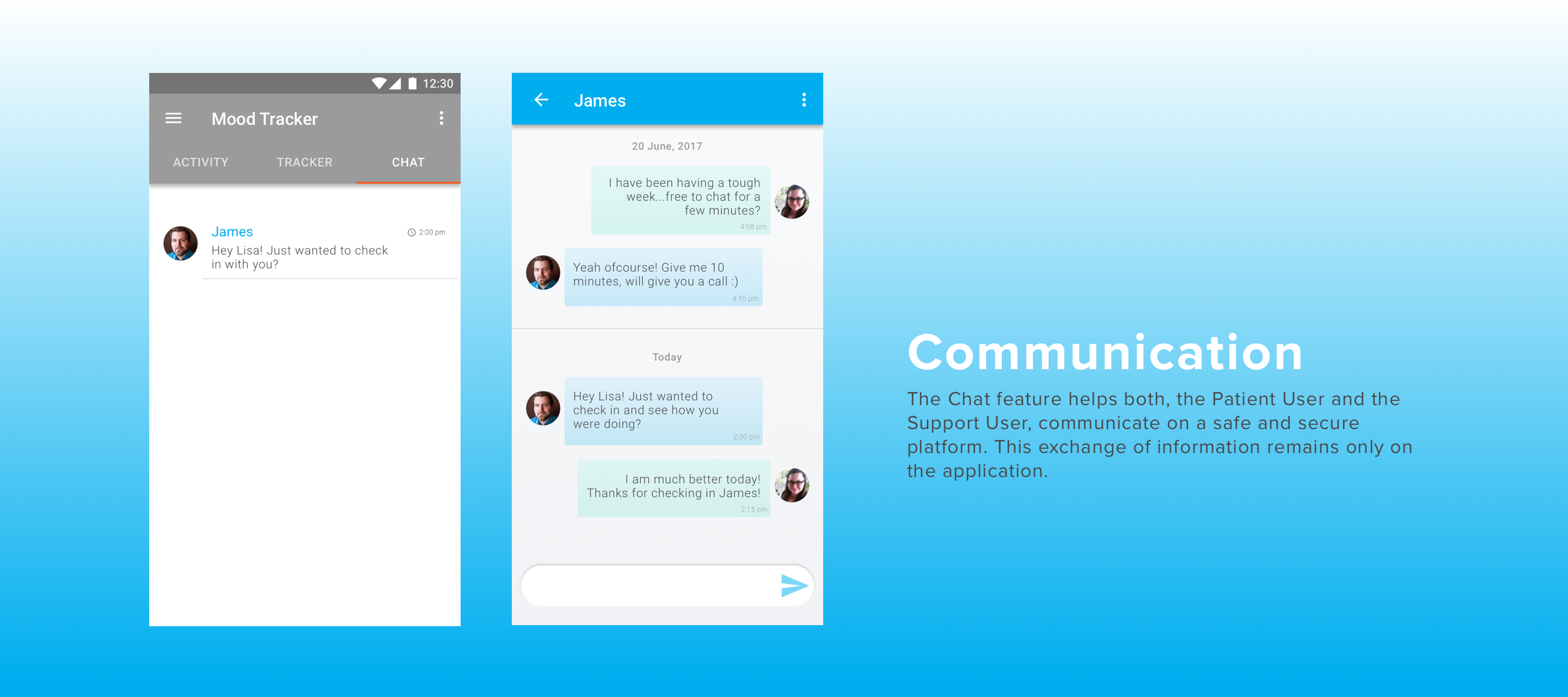
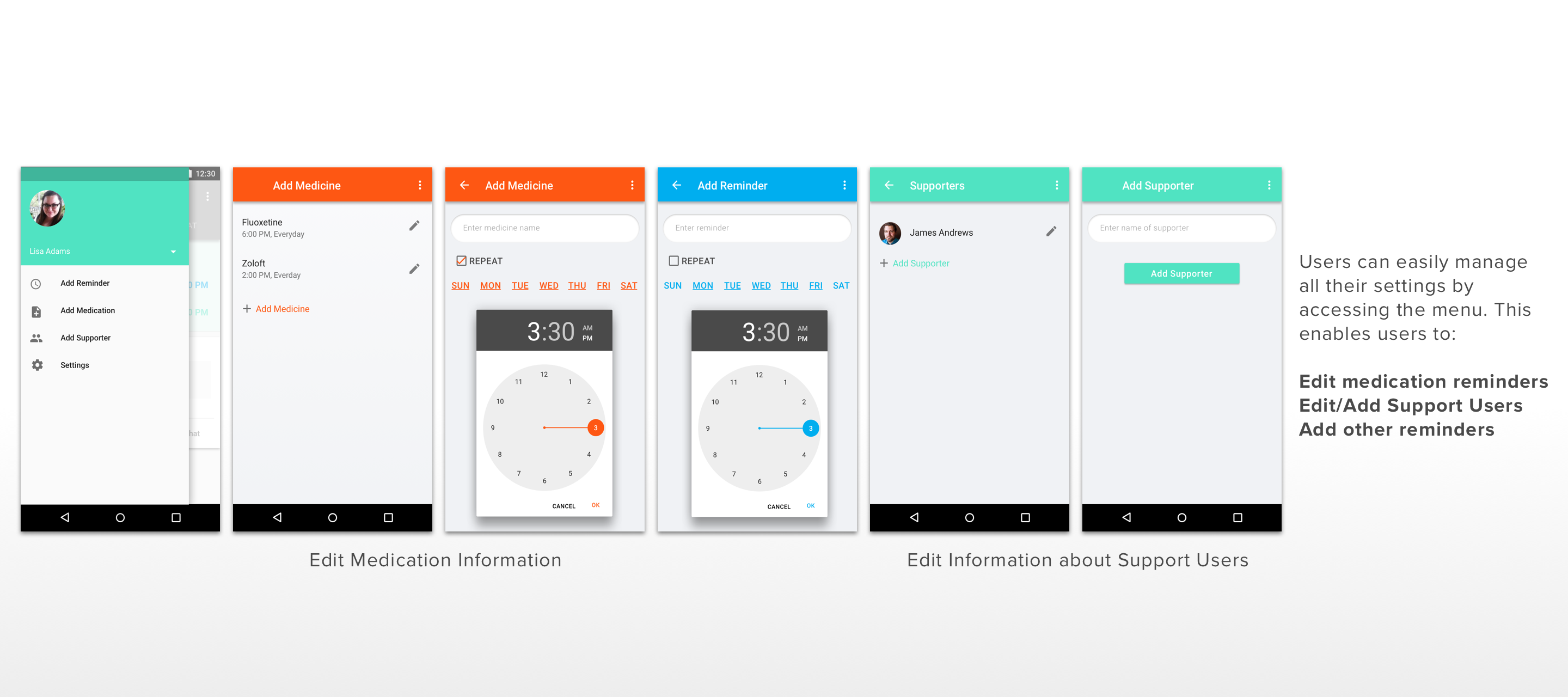
FUTURE WORK
Conduct further research to explore other areas of mental health disorders and solve for users who might benefit from this platform.
Conduct user tests to ensure a user friendly interface.

SpringCM, a DocuSign CompanyResearching the prospect customer journey
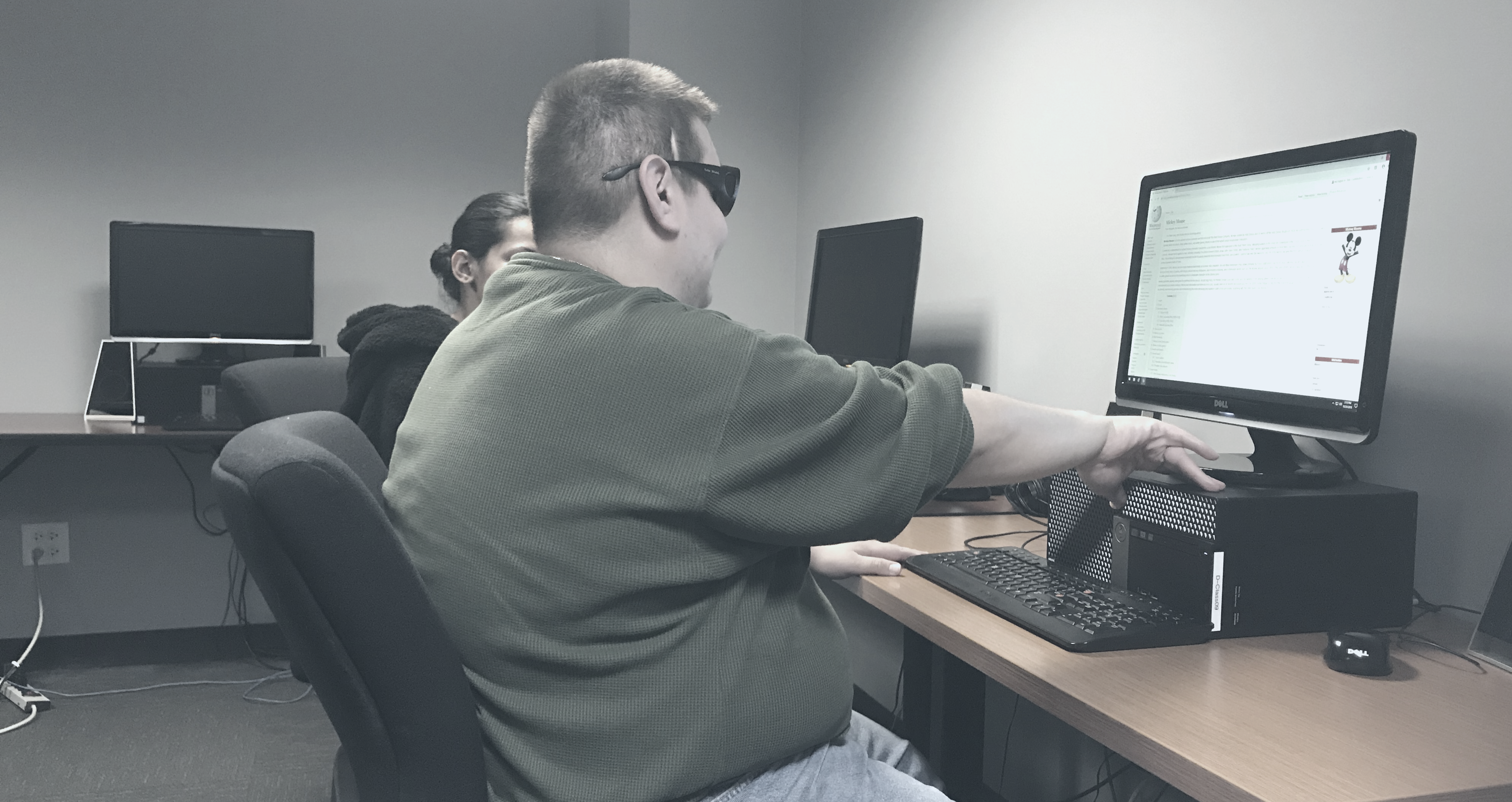
GlanceExploring quick reading strategies using screen readers

Cal's AngelsScaling the success of partnerships and events
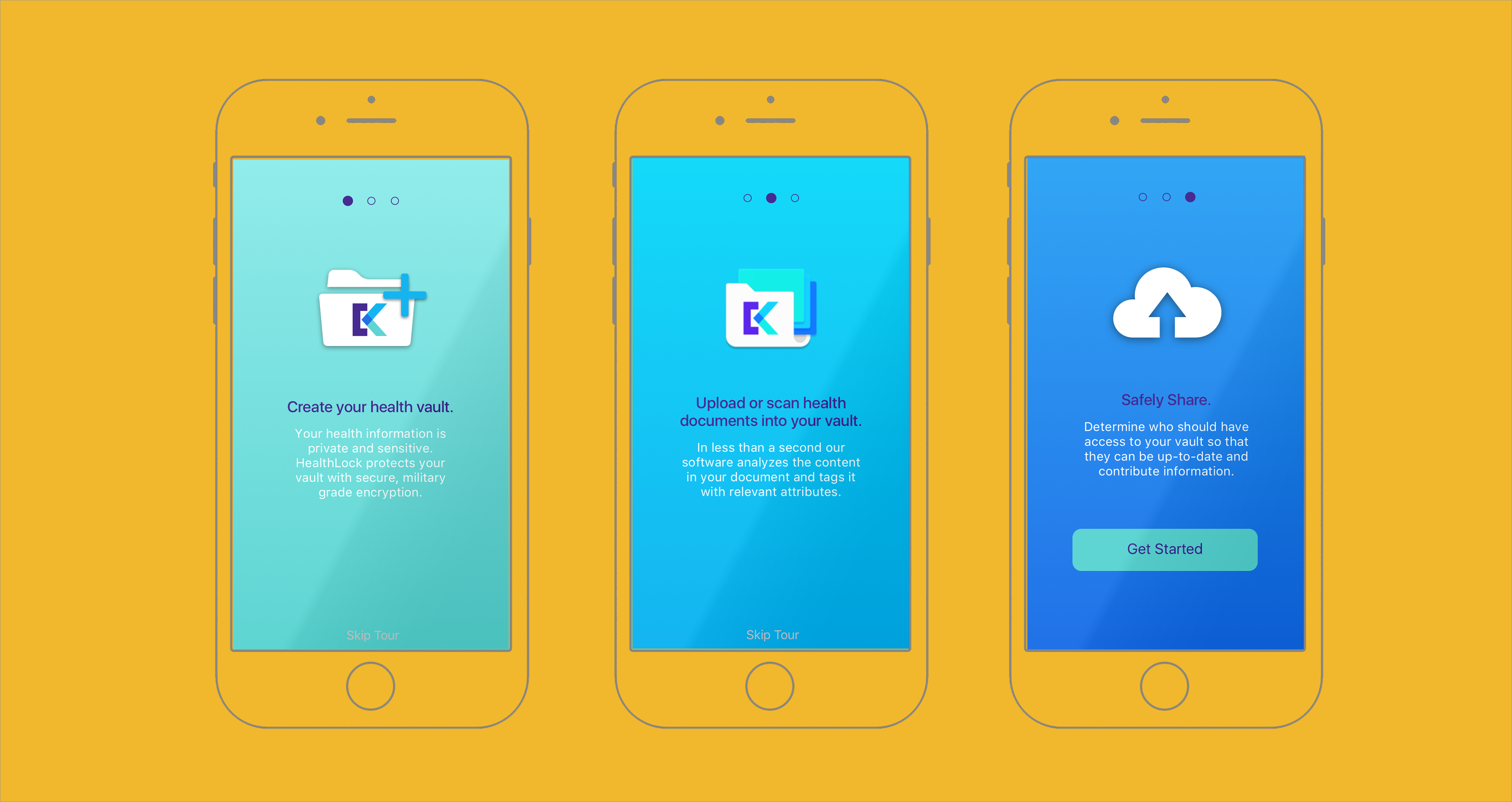
KeepSafeSecurely sharing private content

FlippieEmpowering students in rural India

BurbagA composting solution for community farms
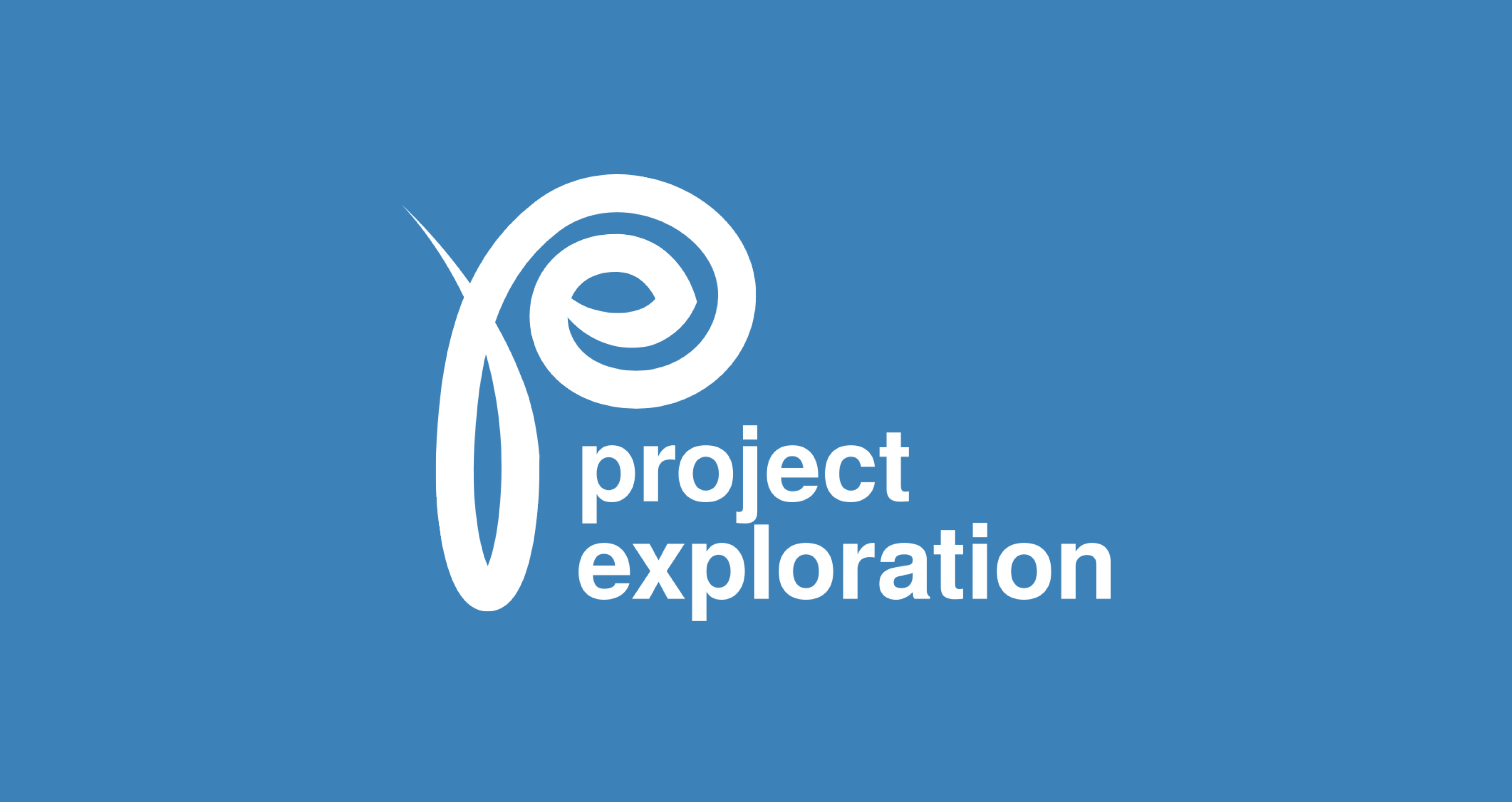
Project ExplorationIncreasing retention of key stakeholders
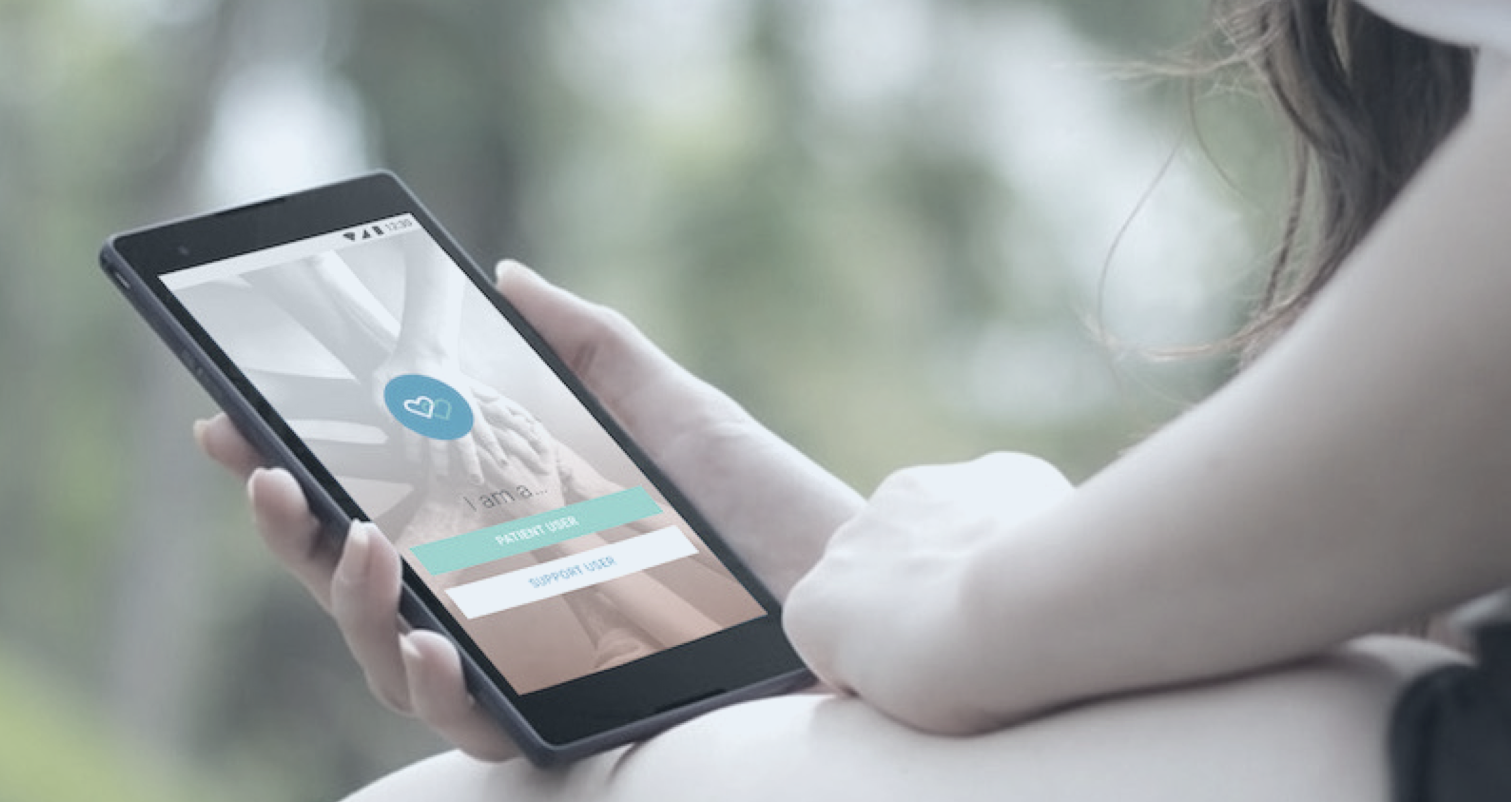
CareChainFacilitating mental health accountability
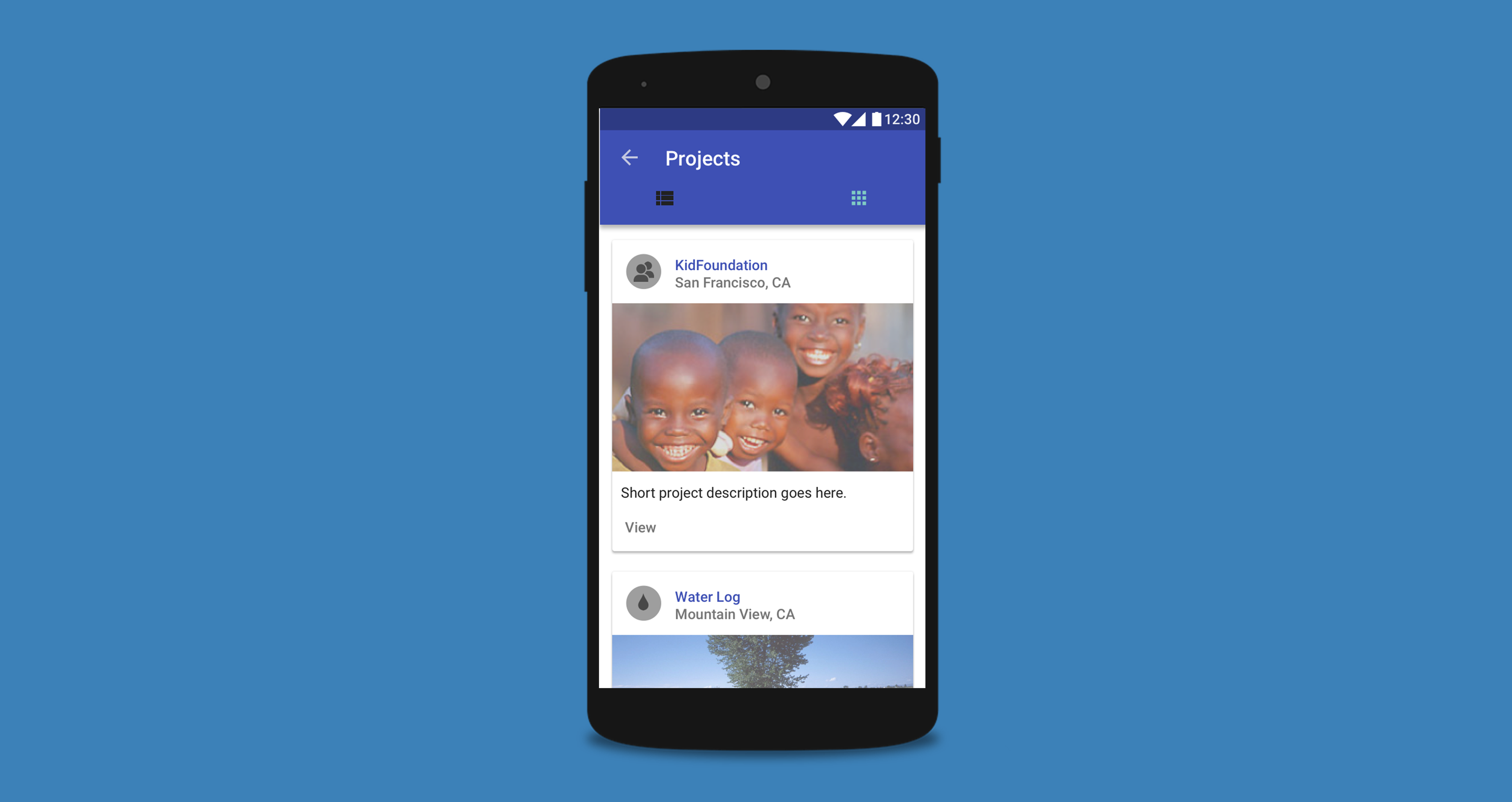
DonationsDiscovering charities for donations
